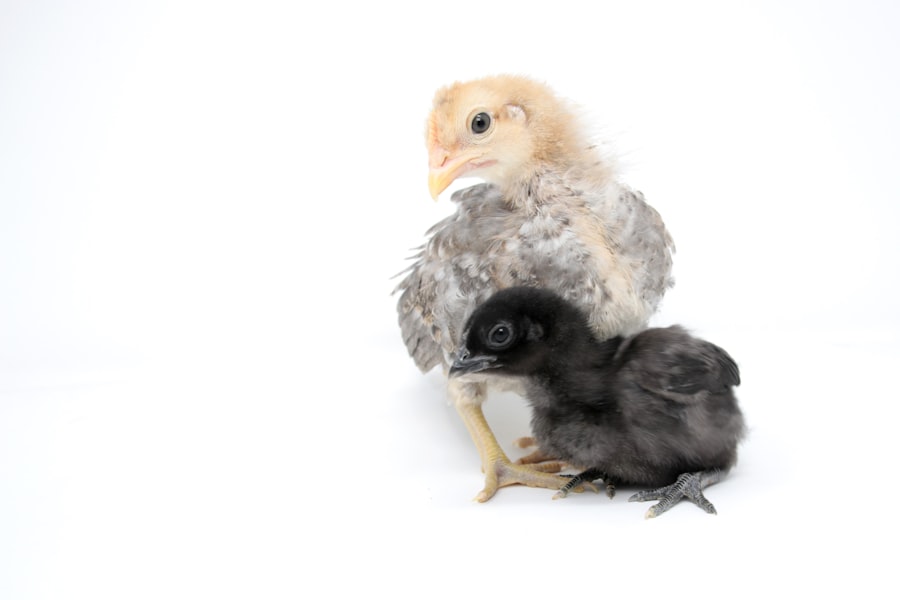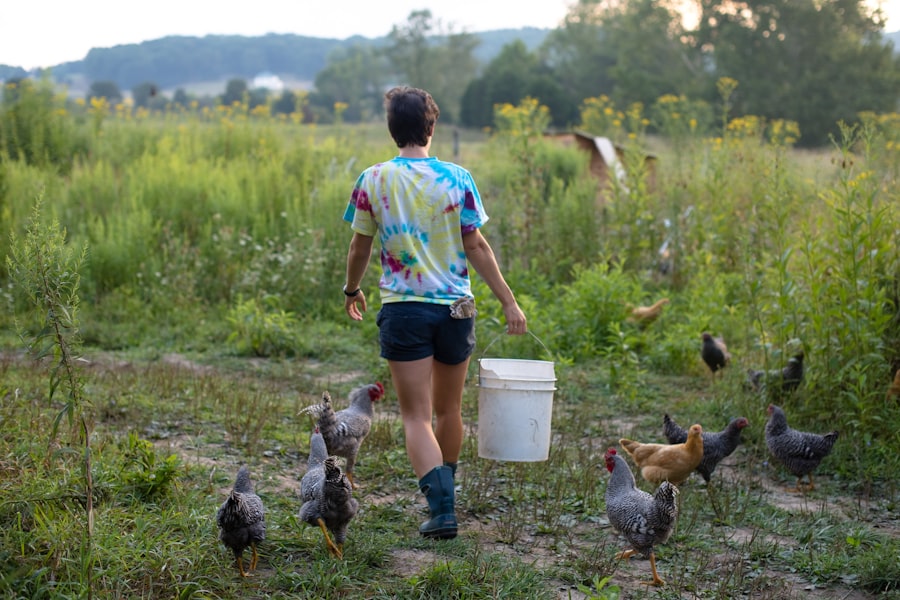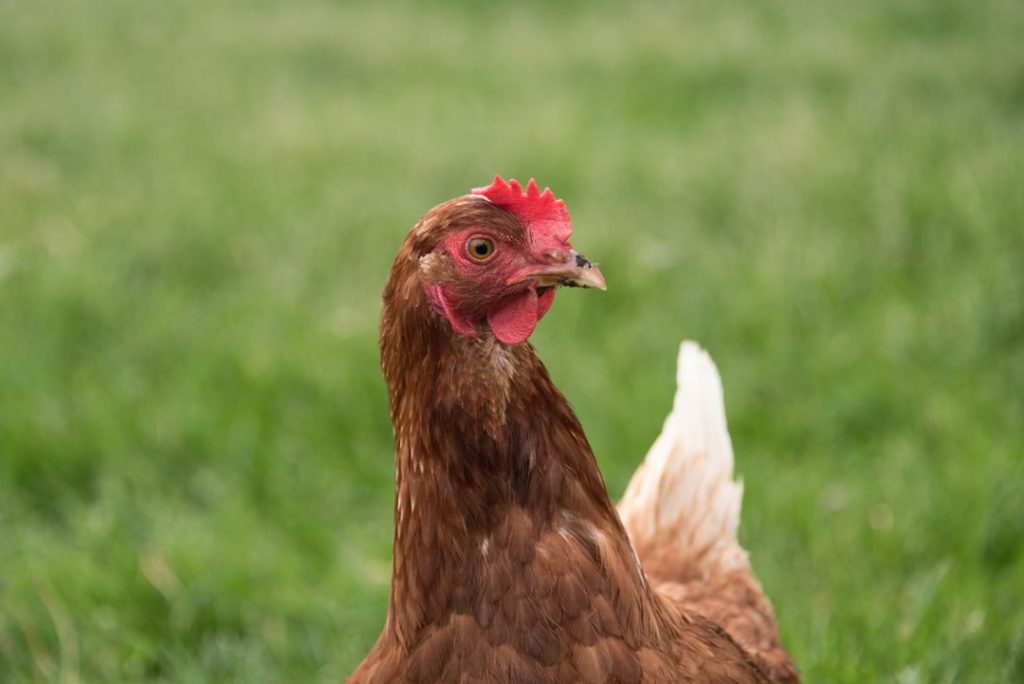Kenosha, Wisconsin, is a city situated on Lake Michigan’s western shore. Founded in the early 19th century, it has developed into a diverse community with a population of approximately 100,000. The city features a historic downtown area, a scenic lakefront, and various cultural attractions.
Kenosha’s economy is supported by a mix of industries, including manufacturing, healthcare, and education. The city is known for its educational institutions, including the University of Wisconsin-Parkside and Carthage College. Kenosha offers numerous parks and recreational facilities, providing residents with opportunities for outdoor activities.
The city has implemented various sustainability initiatives, including efforts to promote urban agriculture. In recent years, Kenosha has seen an increase in interest in urban farming practices, including backyard chicken keeping. The city has regulations in place that allow residents to keep a limited number of chickens on their properties, subject to specific guidelines.
This practice aligns with broader trends in urban agriculture and local food production seen in many U.S. cities. Residents who keep chickens in Kenosha must adhere to local ordinances, which typically include restrictions on the number of birds allowed, coop requirements, and guidelines for maintaining sanitary conditions.
The practice of urban chicken keeping can provide fresh eggs, serve as a form of pest control, and offer educational opportunities for families.
Table of Contents
- 1 The Benefits of Keeping Chickens in Urban Areas
- 2 The Legalities of Keeping Chickens in Kenosha
- 3 Requirements and Regulations for Keeping Chickens in Kenosha
- 4 Tips for Raising Chickens in an Urban Environment
- 5 Common Concerns and Misconceptions About Keeping Chickens in the City
- 6 Resources for Kenosha Residents Interested in Keeping Chickens
- 7 FAQs
- 7.1 Is it legal to keep chickens in the city of Kenosha?
- 7.2 Are there any restrictions or regulations for keeping chickens in Kenosha?
- 7.3 What are the benefits of keeping chickens in an urban environment?
- 7.4 Are there any potential drawbacks to keeping chickens in the city?
- 7.5 Where can residents find more information about keeping chickens in Kenosha?
Key Takeaways
- Kenosha is a vibrant city located in southeastern Wisconsin, known for its beautiful lakefront, historic downtown, and diverse community.
- Keeping chickens in urban areas like Kenosha can provide fresh eggs, natural pest control, and a connection to food sources for residents.
- Kenosha allows residents to keep chickens with certain restrictions, including the number of chickens allowed and coop requirements.
- Residents interested in keeping chickens in Kenosha must obtain a permit, provide proper housing and care for the chickens, and follow city regulations.
- To successfully raise chickens in an urban environment, residents should consider factors such as space, predator protection, and proper nutrition for the chickens.
The Benefits of Keeping Chickens in Urban Areas
Fresh and Healthy Eggs
One of the primary advantages of keeping chickens is the ability to produce fresh, organic eggs right in your own backyard. By doing so, urban residents can have a direct source of high-quality eggs that are free from hormones and antibiotics.
Sustainable Living and Education
Chickens can also help reduce food waste by consuming kitchen scraps and turning them into nutrient-rich compost for gardens. Moreover, keeping chickens provides an opportunity to teach children about where their food comes from and the responsibilities of caring for animals. Raising chickens can be a valuable educational experience for children, teaching them about animal husbandry, biology, and the importance of sustainable living.
Natural Pest Control and Environmental Benefits
Furthermore, chickens can provide natural pest control by eating insects and other pests in the yard, reducing the need for chemical pesticides. Overall, keeping chickens in urban areas can promote self-sufficiency, sustainability, and a deeper connection to the food we eat. By raising chickens, urban residents can take an active role in producing their own food and reducing their environmental impact.
The Legalities of Keeping Chickens in Kenosha

In Kenosha, the practice of keeping chickens in residential areas is regulated by local ordinances and zoning laws. These regulations are in place to ensure that the keeping of chickens is done in a responsible and considerate manner that does not disrupt the peace and well-being of the community. It is important for residents to be aware of these legalities before deciding to keep chickens in their backyard.
The City of Kenosha allows residents to keep chickens on their property, but there are specific regulations that must be followed. For example, residents are required to obtain a permit from the city before keeping chickens, and there are limits on the number of chickens that can be kept on a property. Additionally, there are guidelines for coop construction, waste management, and noise control that must be adhered to.
It is important for residents to familiarize themselves with the local ordinances and zoning laws related to keeping chickens in Kenosha to ensure that they are in compliance with the regulations. By understanding the legalities of keeping chickens, residents can avoid potential fines or other consequences and enjoy the many benefits of raising chickens in an urban environment.
Requirements and Regulations for Keeping Chickens in Kenosha
In order to keep chickens in Kenosha, residents must adhere to specific requirements and regulations set forth by the city. These regulations are designed to ensure that the practice of keeping chickens is done in a responsible and considerate manner that does not disrupt the peace and well-being of the community. One of the key requirements for keeping chickens in Kenosha is obtaining a permit from the city.
Residents must apply for a permit before they can keep chickens on their property. The permit application process typically involves providing information about the number of chickens being kept, the location and size of the coop, and other relevant details. Additionally, there are regulations regarding the number of chickens that can be kept on a property.
In Kenosha, residents are typically allowed to keep a small number of chickens, often ranging from 4 to 6 birds. This limit is in place to prevent overcrowding and ensure that the chickens are being properly cared for. Furthermore, there are guidelines for coop construction that must be followed.
Coops must be constructed in a way that provides adequate space for the chickens to move around comfortably and protection from predators. Additionally, there are regulations regarding waste management and noise control that must be adhered to. By understanding and following these requirements and regulations, residents can ensure that they are in compliance with the city’s ordinances and zoning laws related to keeping chickens in Kenosha.
Tips for Raising Chickens in an Urban Environment
Raising chickens in an urban environment presents unique challenges and opportunities. To ensure a successful and enjoyable experience, it is important for residents to be well-prepared and informed about best practices for raising chickens in a city setting. One important consideration when raising chickens in an urban environment is coop design and placement.
Coops should be constructed in a way that provides adequate space for the chickens to move around comfortably and protection from predators. Additionally, coops should be placed in an area that is well-ventilated and receives plenty of natural light. Another important tip for raising chickens in an urban environment is providing proper nutrition and care for the birds.
Chickens require a balanced diet that includes high-quality feed, fresh water, and access to grit for digestion. Additionally, regular health checks and preventative care are essential for keeping chickens healthy and happy. Furthermore, it is important for urban chicken keepers to be considerate of their neighbors.
This includes managing noise levels by choosing quieter breeds of chickens and keeping coop clean to minimize odors. Additionally, being proactive about addressing any concerns or issues that may arise with neighbors can help maintain positive relationships within the community. By following these tips and best practices, residents can enjoy a successful experience raising chickens in an urban environment while promoting sustainability and self-sufficiency.
Common Concerns and Misconceptions About Keeping Chickens in the City

Noise Concerns
One common concern about keeping chickens in the city is noise. However, it’s essential to note that hens are generally quiet animals that produce minimal noise. By choosing not to keep roosters or selecting quieter breeds of hens, residents can minimize noise levels and be considerate of their neighbors.
Odor and Waste Management
Another concern is odor and waste management. Proper coop maintenance and waste management practices can help minimize odors associated with keeping chickens. Regular cleaning of the coop, proper waste disposal, and composting can help keep odors at bay while also providing valuable fertilizer for gardens.
Cleanliness and Hygiene
Some residents may have misconceptions about the cleanliness and hygiene of raising chickens in an urban environment. However, with proper coop design and maintenance, as well as regular health checks for the birds, raising chickens can be a clean and hygienic practice that does not pose any health risks.
By addressing these concerns and misconceptions, residents can make informed decisions about whether keeping chickens is right for them while also promoting a better understanding of urban chicken keeping within the community.
Resources for Kenosha Residents Interested in Keeping Chickens
For Kenosha residents interested in keeping chickens, there are numerous resources available to provide guidance and support throughout the process. These resources can help residents navigate the legalities, requirements, best practices, and challenges associated with raising chickens in an urban environment. One valuable resource for Kenosha residents interested in keeping chickens is local agricultural extension offices or organizations dedicated to urban agriculture.
These organizations often provide workshops, classes, and educational materials on raising chickens, as well as guidance on obtaining permits and complying with local regulations. Additionally, online forums and social media groups can provide a platform for residents to connect with other urban chicken keepers in Kenosha. These communities offer opportunities to share experiences, ask questions, seek advice, and build relationships with like-minded individuals who are passionate about urban agriculture.
Furthermore, local feed stores or agricultural supply stores may offer resources such as feed, supplies, coop construction materials, and expert advice on raising chickens. These businesses can be valuable sources of information and support for residents embarking on their chicken-keeping journey. By taking advantage of these resources, Kenosha residents interested in keeping chickens can access the knowledge and support they need to successfully raise chickens in an urban environment while contributing to a more sustainable and self-sufficient community.
If you’re considering keeping chickens in the city of Kenosha, you may want to explore some ideas for building a large chicken coop. Poultry Wizard offers some great large chicken coop ideas that can help you create a comfortable and functional space for your feathered friends. Whether you’re looking for interior design inspiration or tips on converting a shed into a coop, Poultry Wizard has you covered with their articles on chicken coop interior ideas and turning a shed into a chicken coop.
FAQs
Is it legal to keep chickens in the city of Kenosha?
Yes, it is legal to keep chickens in the city of Kenosha, Wisconsin. The city allows residents to keep up to 4 chickens on their property.
Are there any restrictions or regulations for keeping chickens in Kenosha?
Yes, there are regulations in place for keeping chickens in Kenosha. Residents must obtain a permit from the city and adhere to specific guidelines regarding coop size, distance from property lines, and waste management.
What are the benefits of keeping chickens in an urban environment?
Keeping chickens in an urban environment can provide a sustainable source of fresh eggs, natural pest control, and fertilizer for gardens. It also allows residents to connect with their food sources and promote self-sufficiency.
Are there any potential drawbacks to keeping chickens in the city?
Some potential drawbacks of keeping chickens in the city include noise, odor, and potential conflicts with neighbors. It’s important for residents to be considerate of their neighbors and maintain clean and well-managed coops.
Where can residents find more information about keeping chickens in Kenosha?
Residents can find more information about keeping chickens in Kenosha by contacting the city’s zoning department or visiting the official city website for specific regulations and permit requirements.
Meet Walter, the feathered-friend fanatic of Florida! Nestled in the sunshine state, Walter struts through life with his feathered companions, clucking his way to happiness. With a coop that’s fancier than a five-star hotel, he’s the Don Juan of the chicken world. When he’s not teaching his hens to do the cha-cha, you’ll find him in a heated debate with his prized rooster, Sir Clucks-a-Lot. Walter’s poultry passion is no yolk; he’s the sunny-side-up guy you never knew you needed in your flock of friends!







